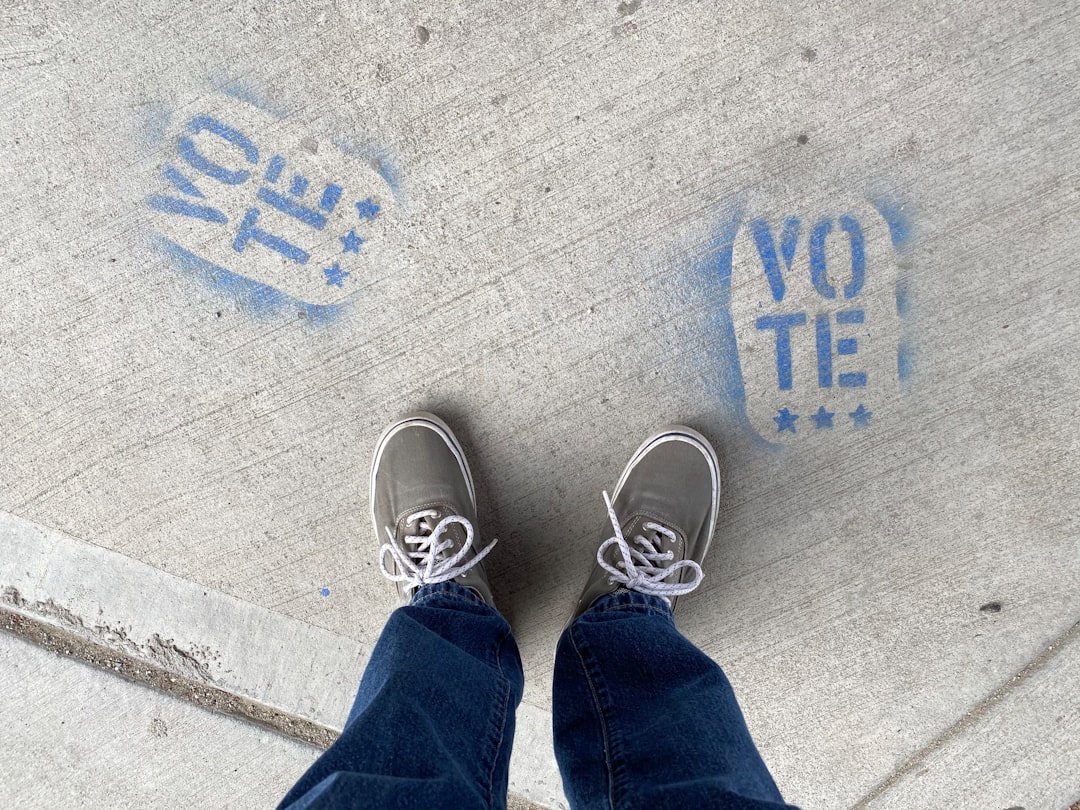Originally published in the Moultrie News
What do you think of the current political issue of electing school principals?
As this idea was proposed by a certain past and potentially future commander-in-chief, you have accurately denoted it a “political” issue. Personally, I don’t like intermingling politics and education. Education is too important to view with a partisan lens.
But that doesn’t mean we should toss aside consideration of an idea because it originated from a politician. It just means we need to examine it critically, stripping away any sectarian emotions that brought it forward. Then we can more clearly determine if the idea will be good for our schools.
Reducing this proposal to its barest form gives us a simple question: would it be good if parents directly elected school principals?
One benefit immediately comes to mind: rather than being loyal to the superintendents and school boards that typically select them, principals would be more responsive to parents, and it is parents, after all, who should have the most say in the process of education.
On the other hand, the proposal would have drawbacks. For one, when and how often would these elections take place?
Holding elections for principals who will stay until they quit doesn’t make sense. Who would fire them if they turn out to be incompetent? Also, voting parents may only have students at the school a few years. Why should they get to elect the once and future principal without later parents having a say?
But if the election took place every few years, how would that work? With, say, four candidates vying for the job, what happens to the losers? Are they frozen out of all other jobs until the next election? The current system allows principals to apply for multiple jobs at once. Would a candidate be able to run at different schools? What if a principal who’s doing a good job at one school tries to switch and loses his election at the new school? Can he go back to the other school? Also, don’t we want principals to put down roots in the community they serve? Elections sound like a recipe for administrative transience.
You might see these issues as procedural trifles, but here’s a concern that is not procedural and would be undeniably detrimental to education: pandering.
Candidates for any office rarely cater to the silent majority. In schools, all the attention would go to the squeaky wheels with the most time and strongest inclination to badger the principal into getting what they want.
What would that pandering look like? Peruse social media, where most educational decisions would be negotiated, and you’ll find out. Today it would look like allowing cell phones everywhere in the building, eliminating homework, and erasing school rules that snare the kids of the most “followed” parents. Principals would also find it more personally beneficial to pamper and indulge students rather than educate them, emphasizing fun over academics. “The principal is your pal” is an expression that would take on a whole new meaning.
Schools have been slouching toward such sloppy climates for years, but I see no reason to accelerate the march over the cliff. I vote “no” on electing principals.
What, then, could solve the problem of principals who are unresponsive to parents? My district has a good system for hiring: a team of district officials, teachers, and parents performs interviews and makes a recommendation to the elected school board and superintendent. This ensures that a variety of stakeholders have a voice in the selection.
But that’s just hiring. How do we sustain it? My organization, the Charleston Teacher Alliance, uses surveys to allow teachers to annually (and anonymously) evaluate their principals. That information is published and reported to the superintendent who can use it to reward those doing well and support those needing help. The same formula could be used to allow parents the opportunity to offer similar evaluations based on sensible, established criteria, not a simplistic up or down vote.
Whatever our political persuasion, we all want competency from principals. There are better ways to get it than through popularity contests.
Read the original column here.



